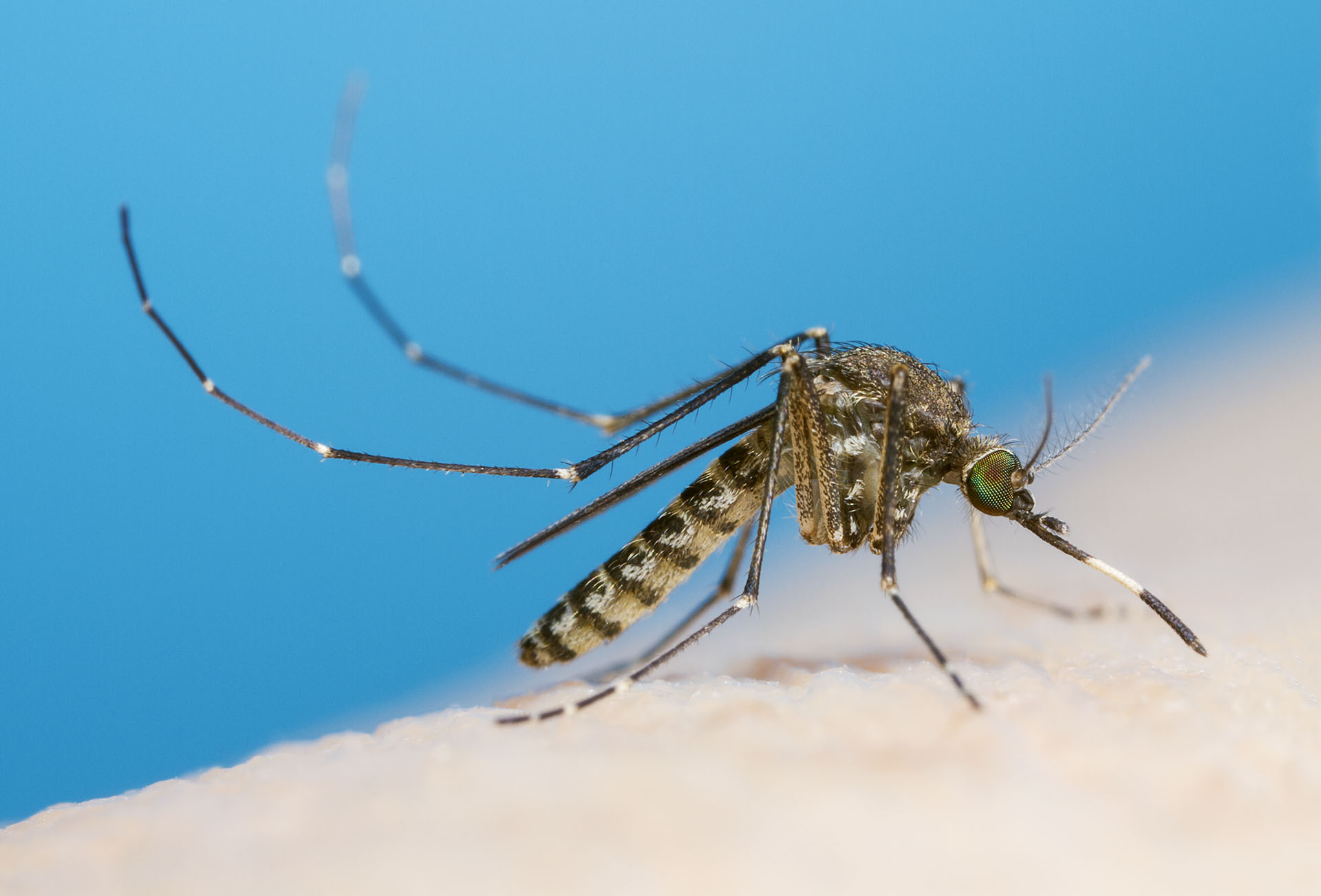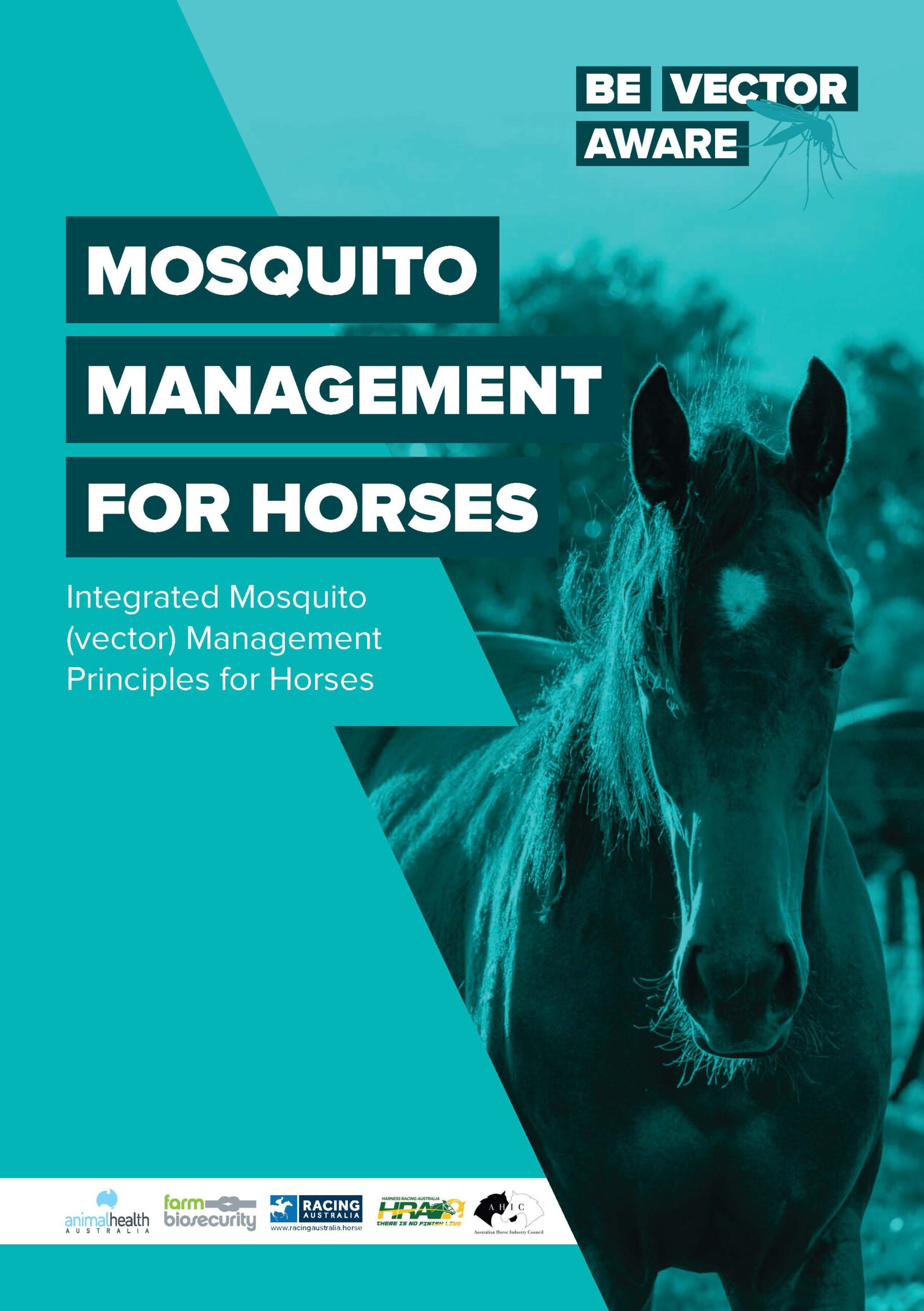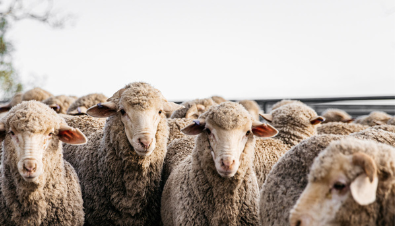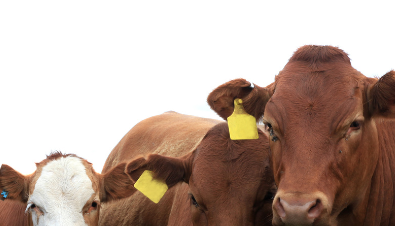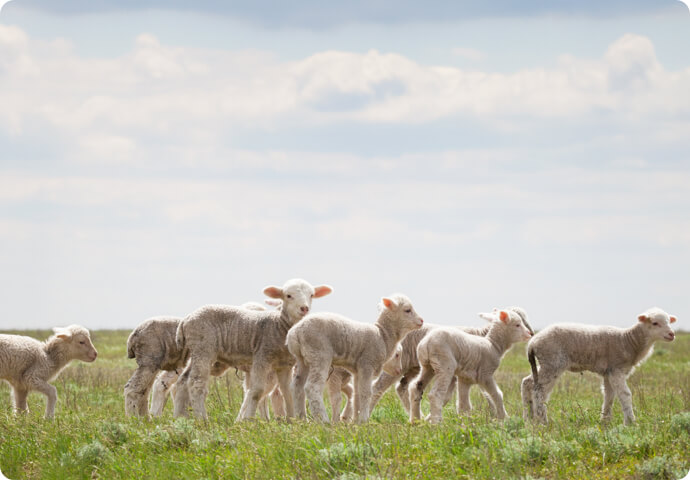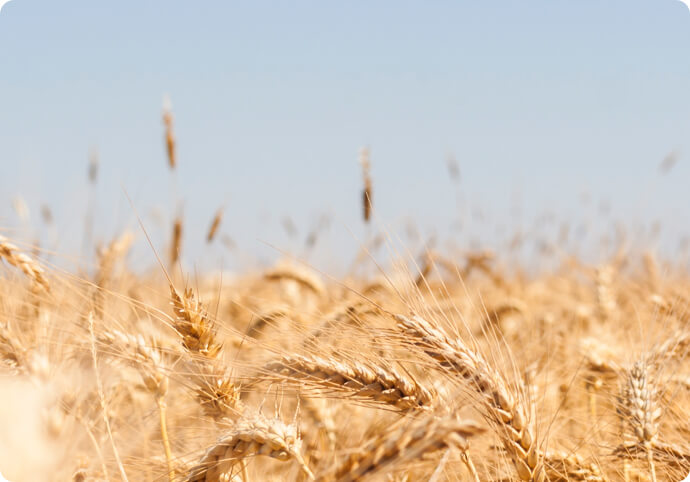Management of mosquitoes is recommended because they bite and transmit diseases.
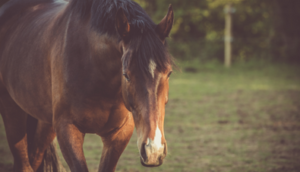
On farm, and in stable, mosquito management that targets adult mosquitoes is not effective or sustainable.
An effective mosquito management program targets all stages of the mosquito life cycle using a combination of methods. This is called integrated mosquito management.
Integrated mosquito management is the best way to reduce mosquitoes to protect people and horses.
It involves a combination of:
1. Environmental management to reduce breeding and resting sites both inside and outside
2. Larviciding
3. Adultciding
4. Ongoing monitoring and surveillance
5. Record keeping
Download: Mosquito Management for Horses
